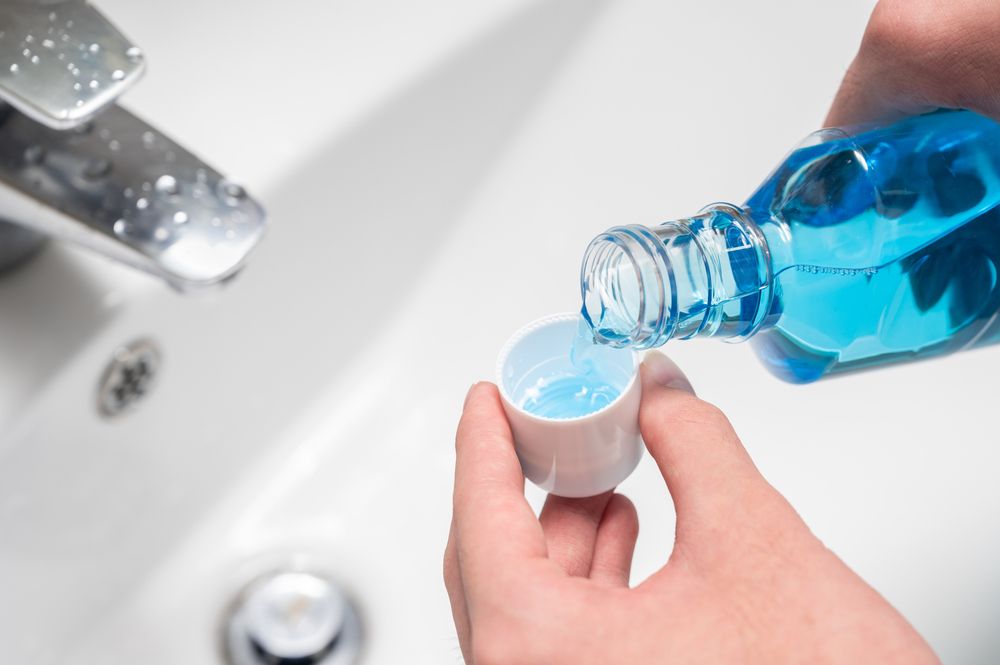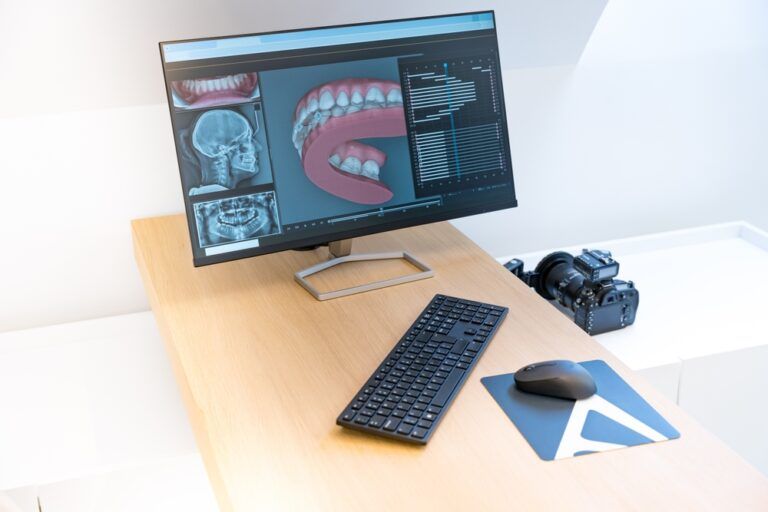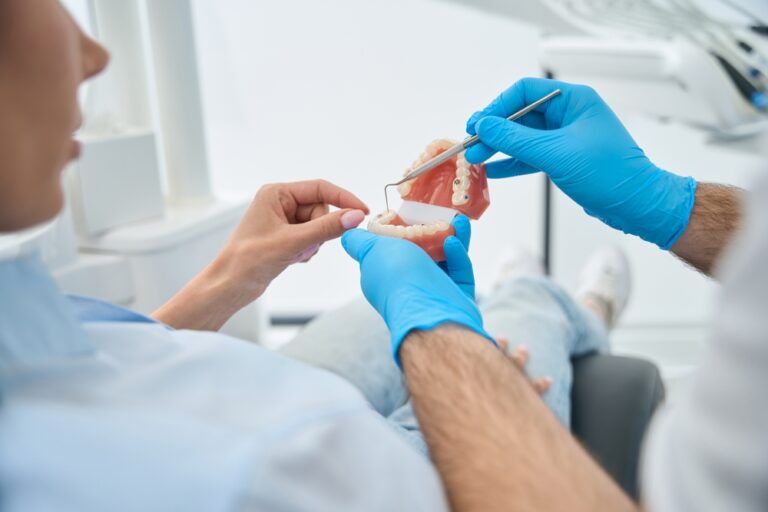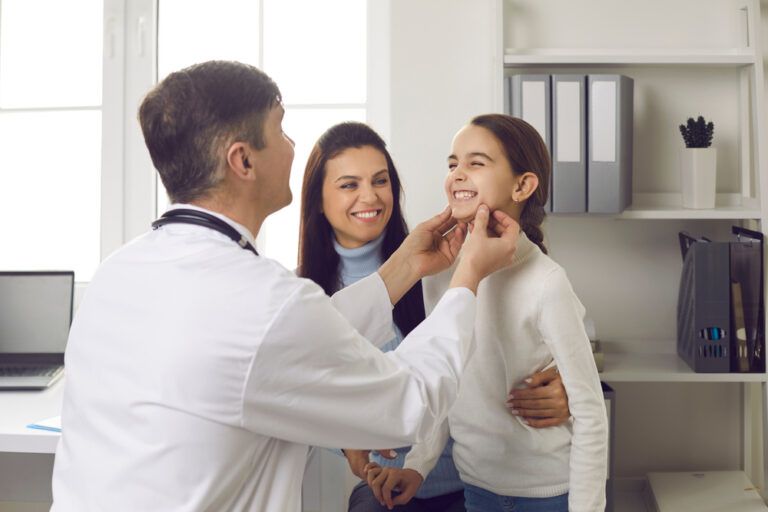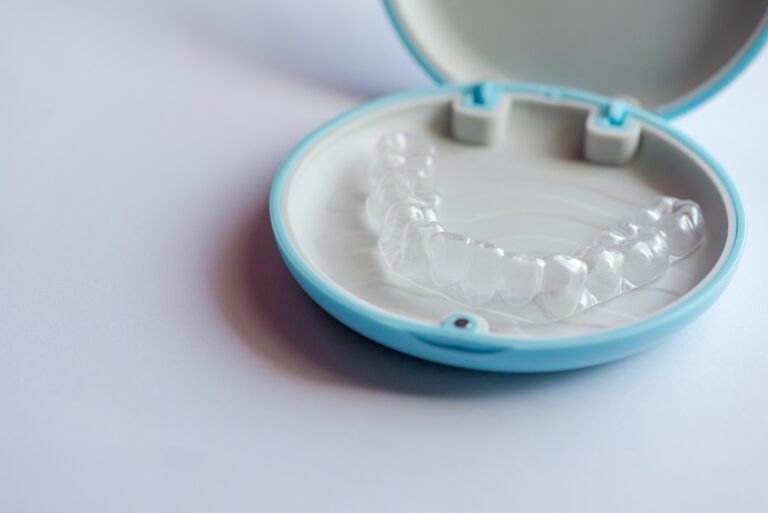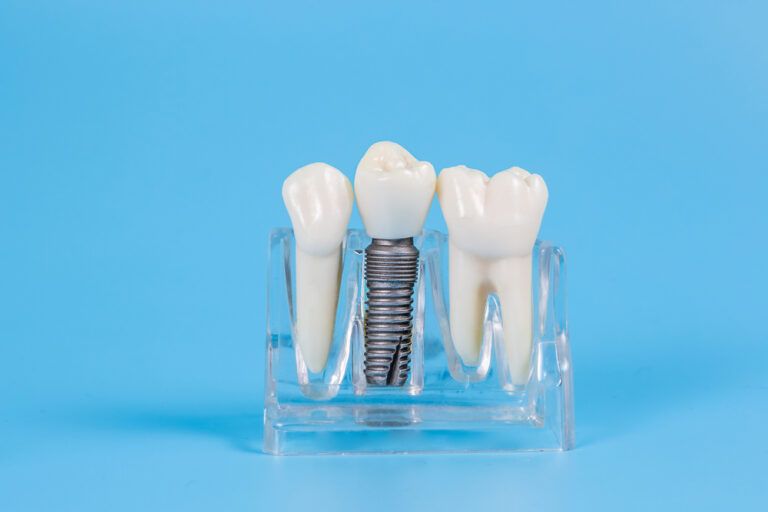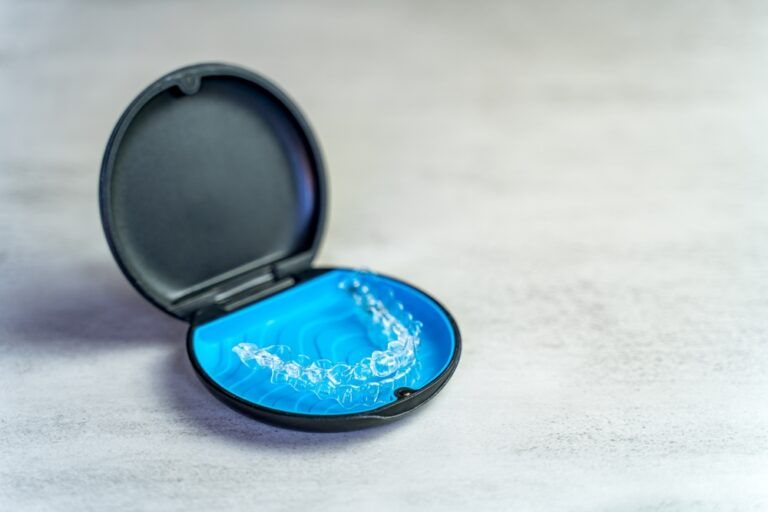Mouthwash, often an overlooked hero in oral hygiene routines, is crucial in maintaining dental health. At Seaport Family Dental in Redwood City, CA, Dr. Steve Deng, DDS, emphasizes the importance of incorporating mouthwash into a comprehensive oral care regimen. This guide explores the benefits and proper usage of mouthwash, helping you make an informed choice for your dental health.
The Benefits of Using Mouthwash
Mouthwash offers several advantages that complement regular brushing and flossing:
- Fights Plaque and Gingivitis: Antimicrobial mouthwashes reduce bacteria, preventing plaque buildup and gingivitis.
- Freshens Breath: It eliminates food particles and bacteria that cause bad breath.
- Strengthens Teeth: Fluoride mouthwashes help in remineralizing and strengthening tooth enamel.
Types of Mouthwash
Mouthwashes come in various formulations, each serving different purposes:
- Cosmetic Mouthwashes: Primarily for freshening breath without long-term oral health benefits.
- Therapeutic Mouthwashes: Contain active ingredients like fluoride, chlorhexidine, or cetylpyridinium chloride, targeting dental health issues.
Choosing the Right Mouthwash
Selecting the right mouthwash depends on your specific oral health needs. Dr. Deng can provide personalized recommendations based on factors like gum sensitivity, proneness to cavities, or a tendency toward dry mouth.
How to Use Mouthwash Effectively
Proper usage is key to maximizing the benefits of mouthwash:
- Brush and Floss First: Ensure your teeth are clean before using mouthwash.
- Use the Correct Amount: Follow the label instructions or as Dr. Deng advised.
- Swish Thoroughly: Swish the mouthwash around your mouth for 30 seconds to a minute.
- Don’t Rinse Immediately: Avoid eating, drinking, or rinsing with water immediately after using mouthwash to allow the active ingredients to work effectively.
Integrating Mouthwash into Your Oral Care Routine
Mouthwash should be part of a broader oral hygiene routine, including regular Dental Cleaning & Consultation, brushing twice a day, and flossing daily.
Mouthwash for Children
For children, use alcohol-free and age-appropriate mouthwash to avoid ingestion. Supervision is essential until they learn to spit mouthwash out properly.
Mouthwash and Dental Treatments
If you’re undergoing specific dental treatments like Invisalign or Dental Implants, Dr. Deng may recommend specific types of mouthwash to support treatment and maintain oral hygiene.
The Limitations of Mouthwash
While mouthwash is beneficial, it’s not a substitute for brushing and flossing. It’s an adjunct tool that enhances overall oral hygiene but should not be relied upon solely.
Special Considerations
Be mindful of mouthwashes containing alcohol, as they can cause dryness or irritation for some individuals. Alcohol-free options are available for those with sensitive mouths or who are prone to dryness.
Elevate Your Oral Hygiene Today
Discussing your oral hygiene routine with Dr. Deng, including the use of mouthwash, is vital. He can recommend the best products tailored to your specific dental health needs.
Mouthwash can be a game-changer in your oral hygiene routine, offering additional protection against dental issues. Contact Dr. Steve Deng, DDS, at Seaport Family Dental in Redwood City, CA, to get personalized advice and recommendations on incorporating mouthwash into your dental care. Call 650-365-0300 today and take a proactive step towards enhanced dental health.
Sources
- American Dental Association: Mouthwash and Oral Health
- Journal of Clinical Periodontology: Effectiveness of Mouthwash in Oral Care
- International Journal of Dental Hygiene: Mouthwash Use and Oral Health

